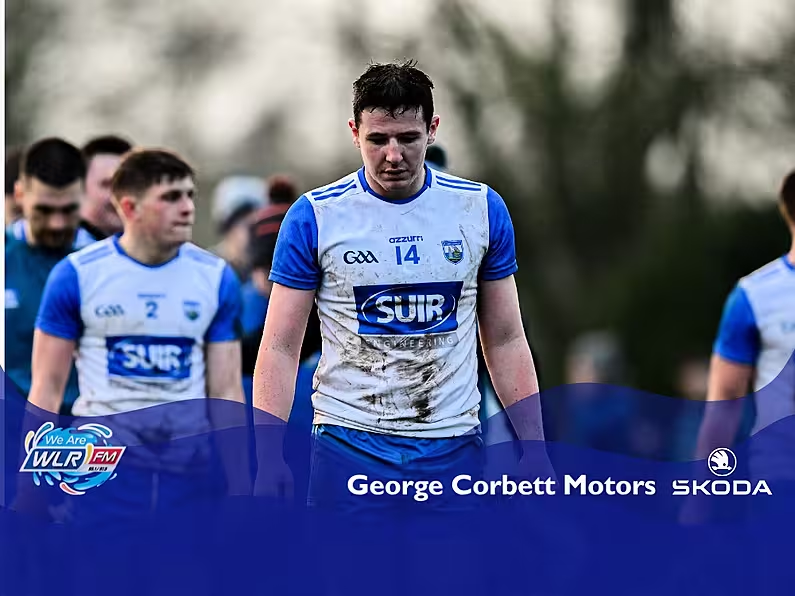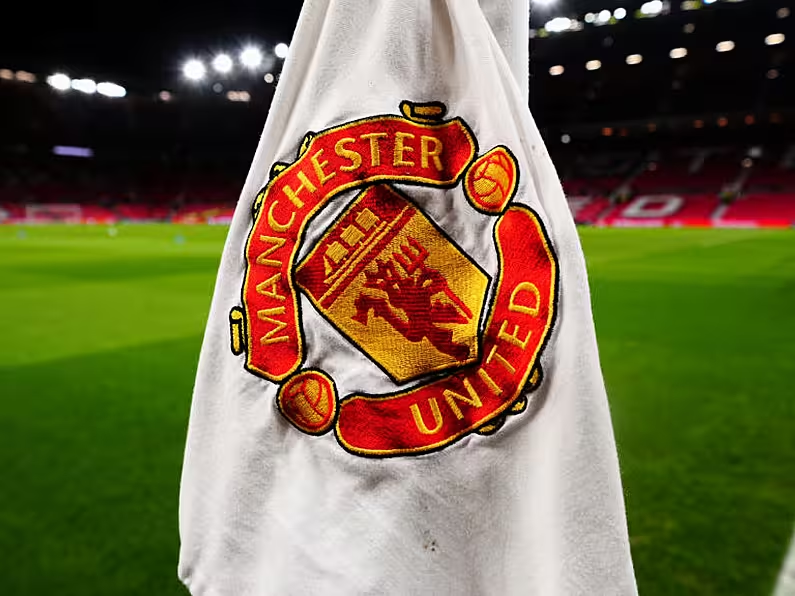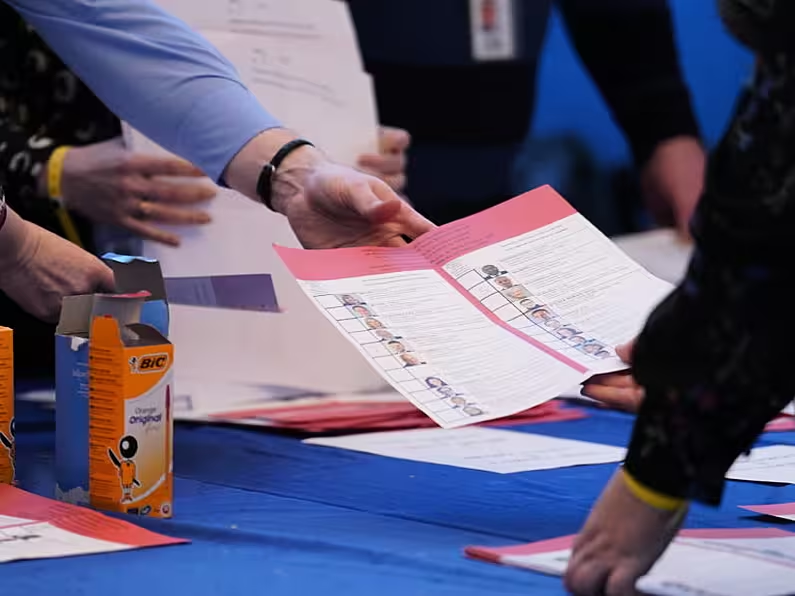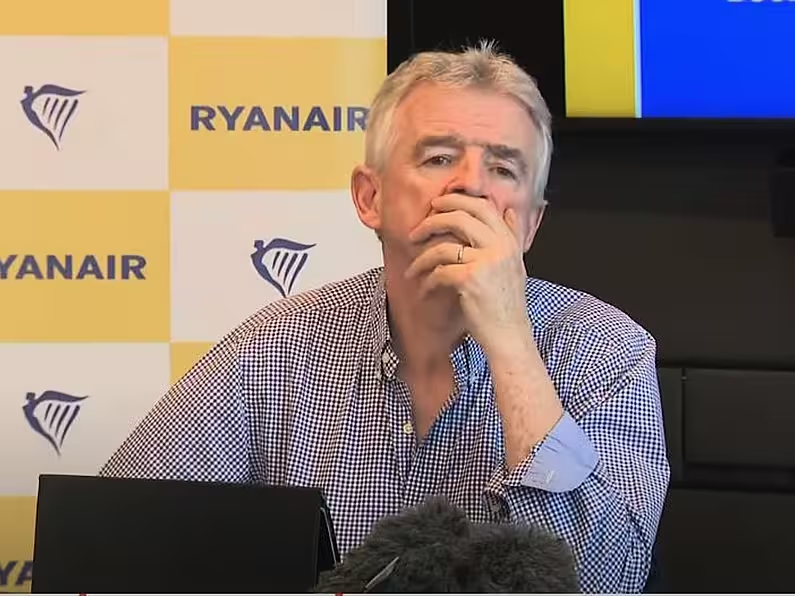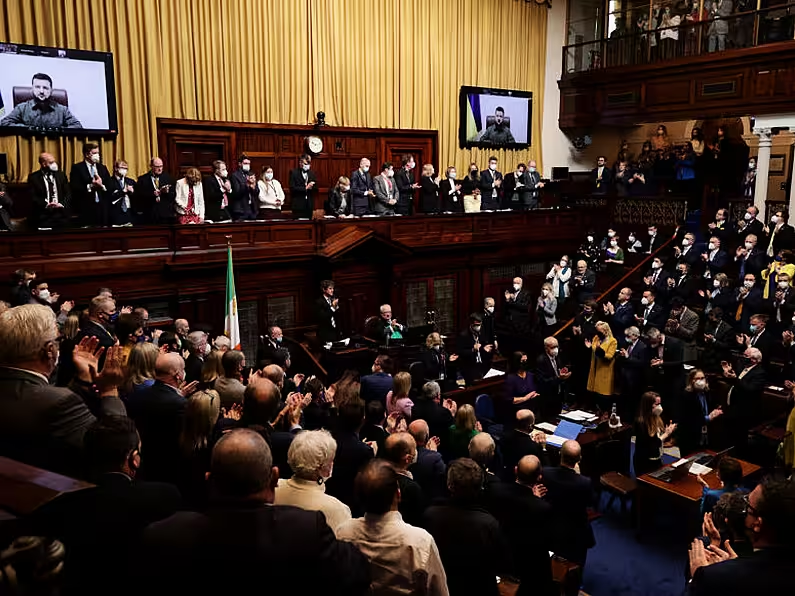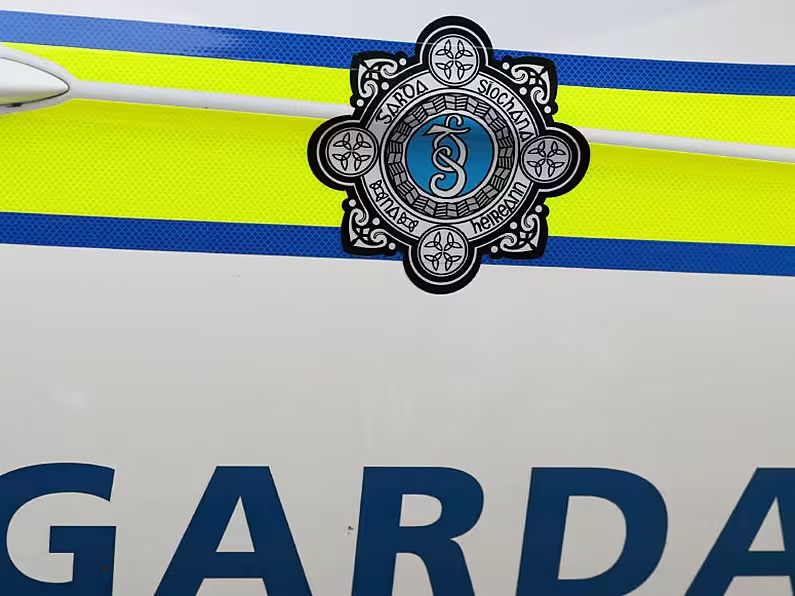By James Ward, PA
A new poll has seen support for the DUP slump to just 16 per cent, posing a major challenge for incoming leader Edwin Poots.
Sinn Féin is by far the largest party on 25 per cent, giving it a 9 per cent lead on its nearest challengers and putting Michelle O’Neill on course to take the role of First Minister at the next election in May 2022.
The DUP and the Alliance party are now level on 16 per cent, while the Ulster Unionist Party has risen to 14 per cent, overtaking the SDLP, down one point to 11 per cent, according to the LucidTalk poll for the Belfast Telegraph.

There were also gains for the Traditional Unionist Voice party (TUV), up one point to 11 per cent, in what is perhaps a sign of fracturing support among unionist parties.
The polls will make troubling reading for incoming DUP leader Edwin Poots.
In addition to falling well behind its Sinn Féin rivals, Mr Poots’ personal rating among DUP voters is low.
The survey found that his leadership rival, Jeffrey Donaldson, was more popular among their supporters by a three-to-one margin.
"It's time to see action on the Protocol" @edwinpootsmla tells Secretary of State. https://t.co/yuPvs9Zu7U pic.twitter.com/jkbS9yIpIY
— DUP (@duponline) May 18, 2021
Two thirds backed Mr Donaldson to replace the outgoing Arlene Foster, while only a fifth backed the man who ended up taking the job.
When asked which candidate they would back if they had a vote in the DUP leadership contest, 64 per cent of the party’s voters said Mr Donaldson, while just 21 per cent opted for Mr Poots.
Mr Poots will now be tasked with arresting his party’s decline, which has tumbled from 31 per cent at the 2019 Westminster election.
A Belfast Telegraph poll four months ago put the DUP at an all-time-low of 19 per cent.
Another drop of 3 per cent represents a new nadir for the party.
Other unionist parties are set to profit off their falling support. Among those who voted DUP at the last Assembly election, 29 per cent say they will now vote TUV, while 10 per cent will vote UUP.
Another 4 per cent said they would now vote for the Alliance party.
Things are looking considerably better for Sinn Féin, whose support has steadily climbed since 2019.

The party secured 23 per cent of the vote that year, rose to 24 per cent in January, and 25 per cent in the latest survey.
The Alliance is level with the DUP as the second-most popular party in Northern Ireland, but that support is down 2 per cent since January.
The UUP has enjoyed the leadership bounce that seems to have evaded the DUP.
It increased support by 2 per cent to 14 per cent after Doug Beattie succeeded Steve Aiken in the top job.
It's the Beattie bounce. They're both only in the job days but it's UUP leader, not Edwin Poots, enjoying a political honeymoon. @LucidTalk poll shows his approval ratings higher than any other NI politician's bar 1 - Robin Swann. Together, can they revitalise the UUP next May? pic.twitter.com/tOFeOLCgyt
— Suzanne Breen (@SuzyJourno) May 22, 2021
Meanwhile, Jim Allister’s TUV are up one point to 11 per cent, perhaps reflecting unionist fears over the Northern Ireland protocol.
The Green party is unchanged at 2 per cent, People Before Profit is up a point to 2 per cent, while Others & Independents were up one to 2 per cent.
The online poll was carried out from May 14th to 17th among 3,072 people and was weighted to reflect the population of the North.
The survey opened immediately after Mr Poots became DUP leader, at a time when Mr Beattie was the only declared candidate for the UUP leadership.

Mr Poots was ranked by voters as the worst-performing party leader in Northern Ireland, behind the outgoing Arlene Foster.
He was rated as bad or awful by 62 per cent of voters, compared to 50 per cent who said that of Ms Foster, and just 22 per cent about Mr Beattie.
Among unionists, he was viewed as bad or awful by some 43 per cent of voters, with 36 per cent saying the same about Mrs Foster.
For Michelle O’Neill, close to half of voters, 49 per cent, viewed her performance as bad or awful.
British prime minister Boris Johnson and Secretary of State Brandon Lewis both remain deeply unpopular, with 71 per cent and 66 per cent of voters rating them as bad or awful respectively.





